(THE THIRD DAY premieres on HBO Nordic September 15. First five episodes were screened for review.)
When I was much younger I regularly took part in live action role-playing scenarios, aka LARPS. These games, usually lasting a day, sometimes longer, would take place in historical or remote locations and would often feature mysteries for each player to solve, which then would spin back into the main storyline. Most of the time a single player would rarely get to see the big picture until the very end, when a wrap up party finally laid out how everything tied together.
More often than not these reveals were hugely convoluted and contrived, but it didn’t matter. Just taking a day or two away from the real world and pretending you were someone else in another time and place was reward enough. There was a rush of adrenaline in not knowing who to trust or where this story was going – even as you actively experienced it.

THE THIRD DAY, created by Dennis Kelly and Felix Barrett, is like a LARP that’s meant to be an immersive tour of a Lovecraftian world. A famous theater director and organizer, Barrett is best known for his interactive experiences which set the plays around the viewers, allowing the story to unfold in an emergent way.
Attempting to bring that interactivity to a truly non-interactive medium is a brave and hugely ambitious idea, but one that was always destined to fail simply due to the limitations of film and television. Instead we’re forced to wander around the island at the pace of a main character who behaves less like a real person would, but rather as an on-the-rails tour guide, destined to go through every event in order for maximum coverage of everything that got built.
That’s not necessarily a bad thing either, but in attempting to be both a world building exercise, a horror mystery, and an elaborate advertisement for the one take live screened performance piece coming in October, THE THIRD DAY ends up not being particularly good at any of these things.

It’s a mini-series not afraid of its influences, even as they work as a detriment to the narrative. Anyone who has seen WICKER MAN, SHUTTER ISLAND, or read a H.P. Lovecraft story will see most of the twists coming well before the protagonist even sets foot on the island of Osea. Not just because they’re such well worn tropes of the genre, but because THE THIRD DAY doesn’t seem all that interested in even hiding the fact that they’re coming.
Which leads to a lot of dull and conventional depictions of paganism, especially the kind which has absolutely nothing to do with any modern or historical reality. Drugs work at the speed and power of drama, allowing for lazy storytelling to get characters into dangerous situations without the necessity to actually build suspense. There’s a whole lot of nonsense about the power of patriarchy and its sway over the world, but the narrative has very little to actually say about religion or faith in traditional power structures.
That’s probably because such a topic would require a more thorough depiction of Christianity throughout the ages, along with an admission that most pagan cultures were wiped out in bloodshed by the currently dominating establishment. Instead the series opts for your run of the mill animal worship, orgies, and a vast overestimation on the market value of male genitalia.
Because the plot itself is threadbare at best, THE THIRD DAY tries very hard to embellish the telling in every way imaginable. It’s six episodes, each an hour long, and the connecting live play due at a later date, the whole series is stretched into a length three times it actually requires. So characters will repeat plot points numerous times in a single episode, dialog wafts back and forth aimlessly, and tedious monologues take up a lot of space to say a whole lot of nothing.

The first half – Summer – is centered around Jude Law’s character, Sam, who by chance comes across a young girl attempting suicide. Fearing for her well being, he decides to personally look after her even after she’s home. Said home is a closed off community of pagans living away from society, led by the creepily pleasant pub owners played by Paddy Considine and Emily Watson. Built by the Romans centuries earlier, the community is only reachable by a causeway which is accessible only a few hours per day. Once the tide comes in, you’re stuck with no way out.
You can see the pattern forming very quickly.
Directed by Marc Munden, the first half of the series is shot in sickly greens and a constantly pulsing focus which gives the picture a throbbing, nauseating quality. But unlike other masters of the unnerving, Munden doesn’t seem to care about when or how to use this for maximum effect, instead opting to paint every scene, no matter how important, with the same trick. Sam is clearly meant to be an unreliable narrator, but the extent of how or why is never explained. Not even when we’re supposed to believe that this all could be a giant gas lighting operation.
Sadly that kind of nuance is lost in a story that keeps tripping over itself in an attempt to keep everyone engaged. Not once, but multiple times we’re pulled aside for characters to deliver long-winded exposition about what’s happening on the island, even when withholding that information made the experience scarier. Because it’s very nature is to be a play where everyone can keep up with the characters, THE THIRD DAY can’t or won’t take chances in delivering something that could be up for discussion.
The second half – WINTER – is set months later with directing duties switching over to Philippa Lowthorpe. It’s more traditional on the surface, but the thrills are more elegantly built thanks to the assured and calm hand behind the camera. We’re not meant to know what’s happened in the intervening months (not until the live play is aired at least), so it’s a pleasure to see Lowthorpe weaving in the kind of lingering malice that was thoroughly absent in the first half.
Problem is that the script once again fails to deliver any sort of interesting or scary narrative, instead opting to force characters into behaving like idiots just to keep the plot going. Someone is told very early on to leave the island for their own safety, and the ensuing ten minutes are spent enforcing through dialog exactly how they will not do that. Every emotion, no matter how insignificant, is stated flatly and without poetry directly to the camera.
THE THIRD DAY tries to be a story about many things, most of them variations on grief and faith and the power that both of these hold over people throughout the ages. But it trades epiphany for extremity and grace for gore, neither of which work without the other. And that’s because it tries to marry two formats that are polar opposites of one another.
As an exercise in doing something different it can only be commended, but it’s also the kind of project that you can’t help but look at and think: this would work so much better as a LARP.





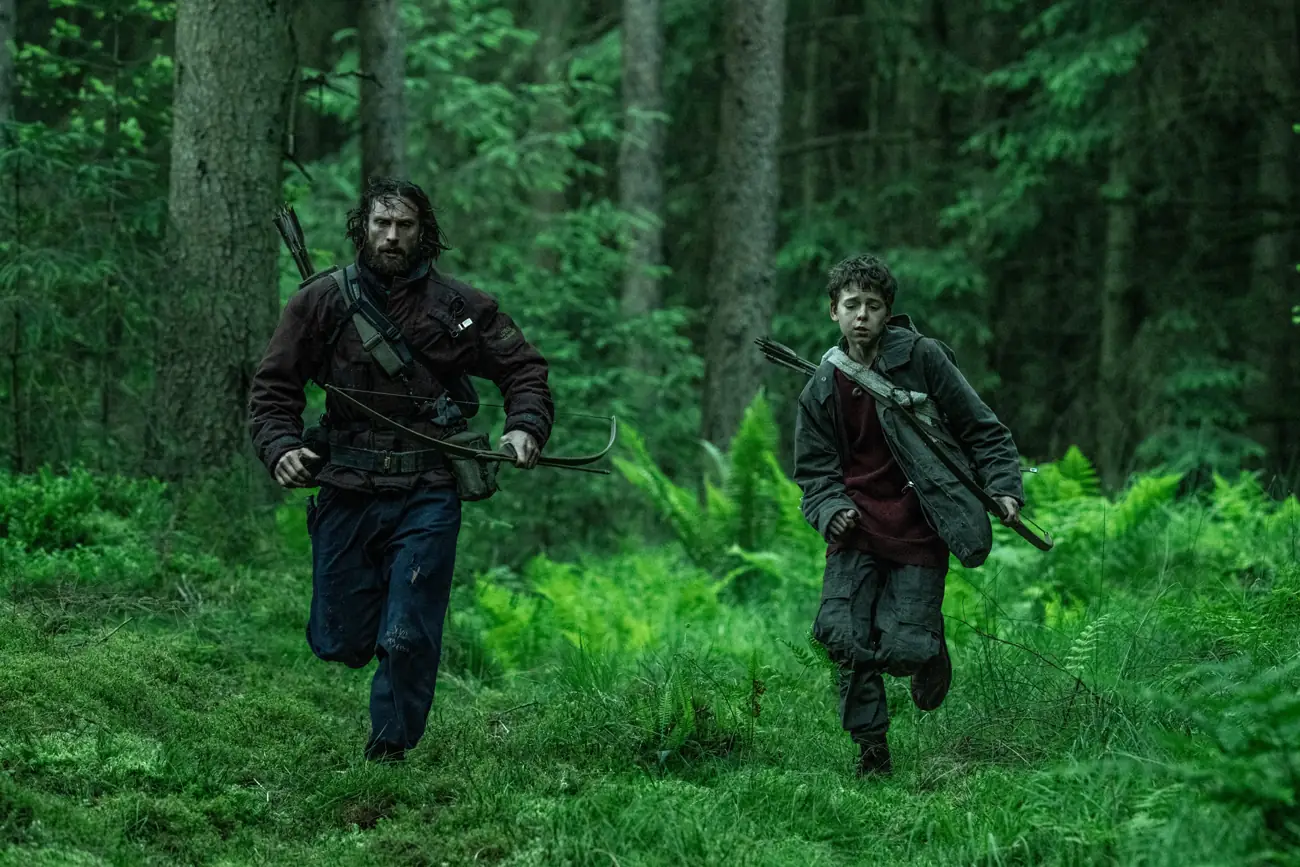


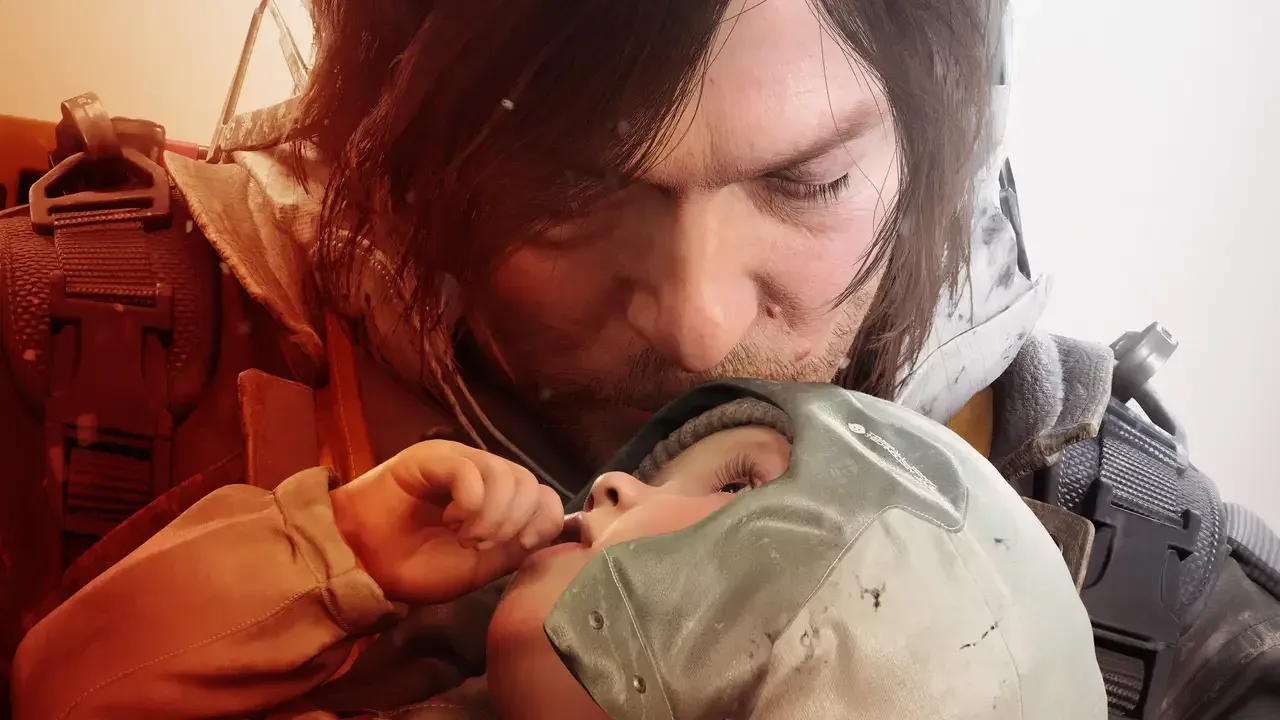
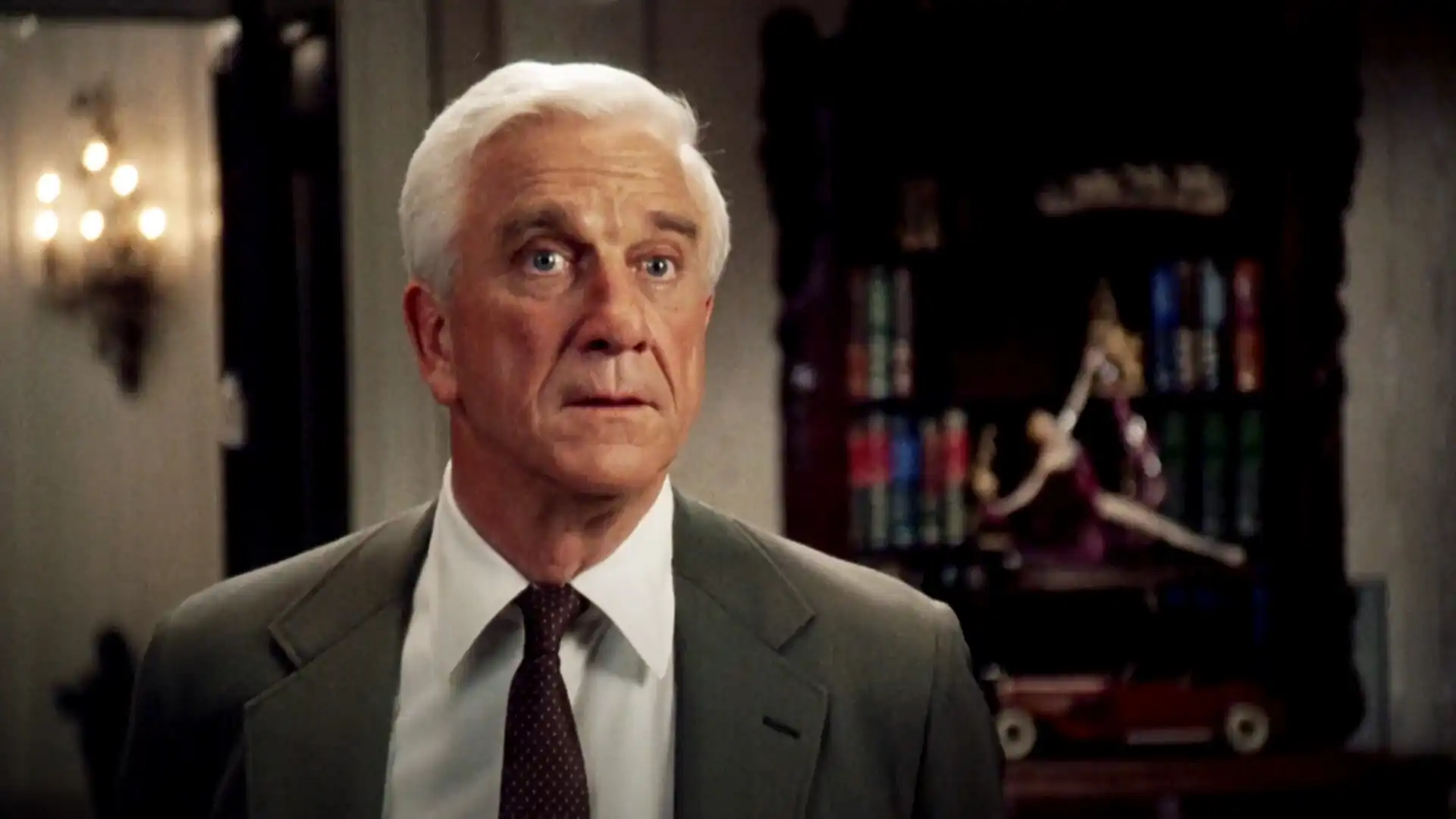
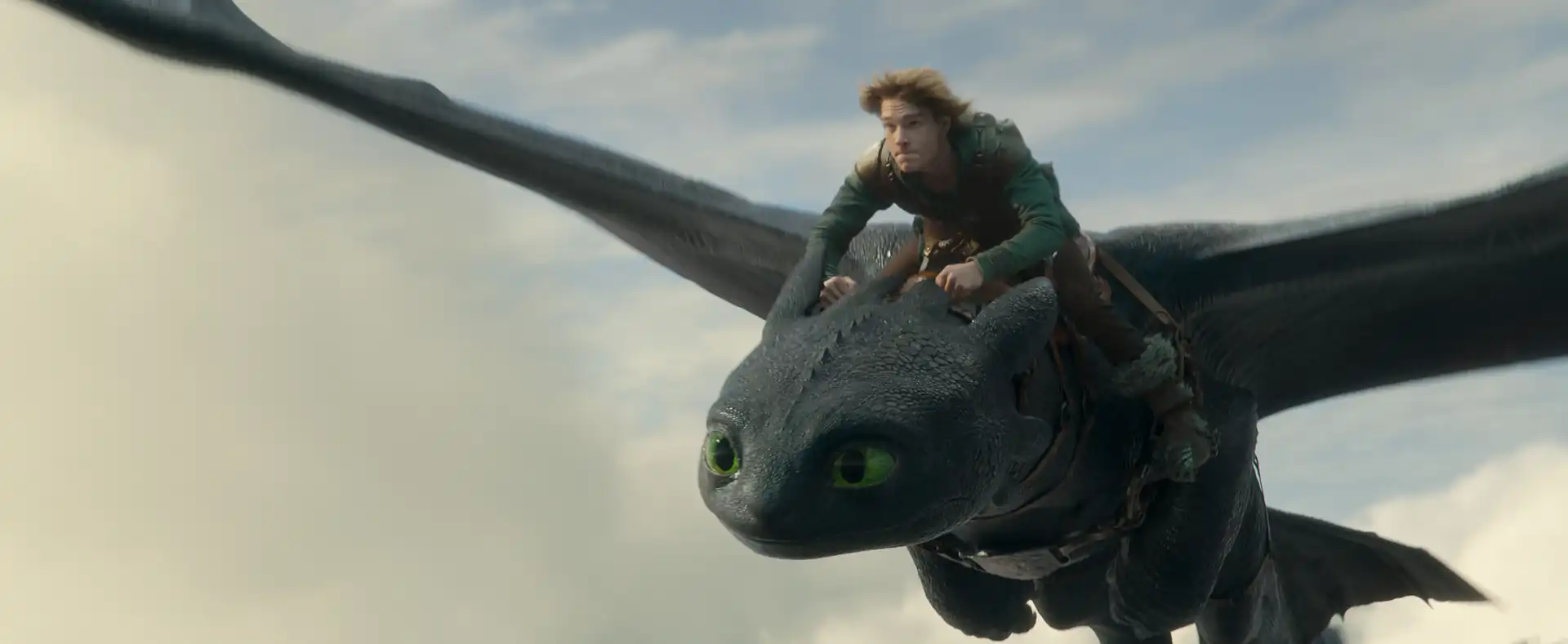

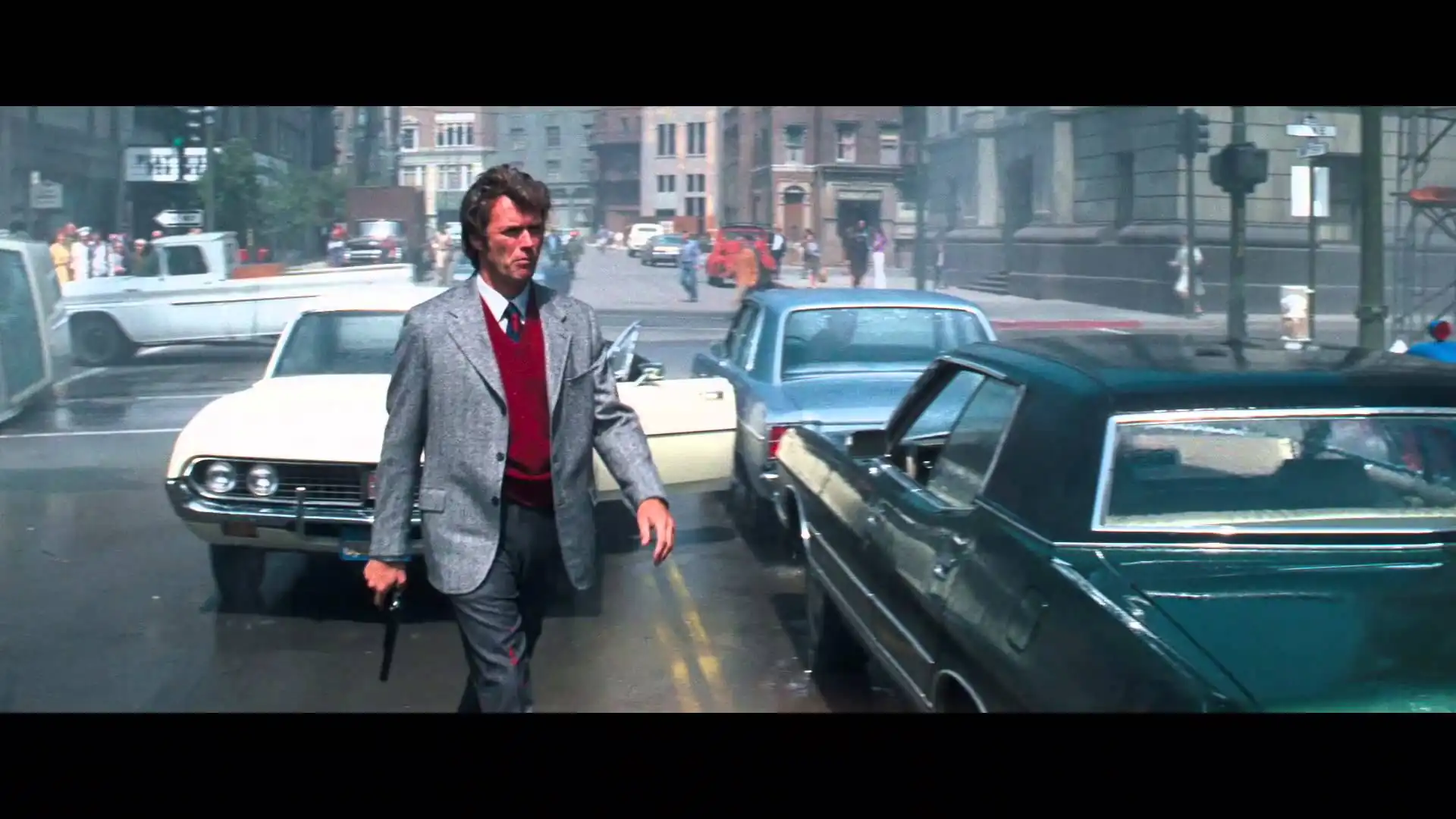

Discussion